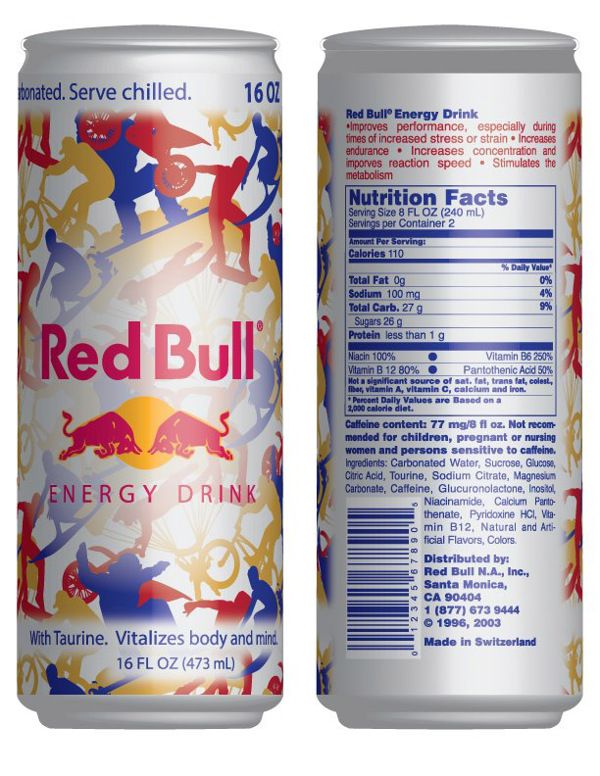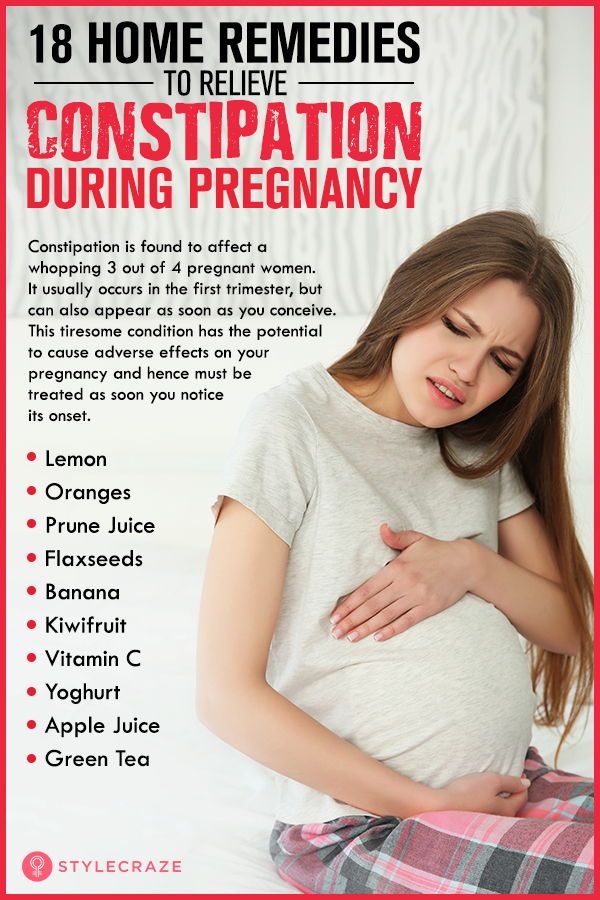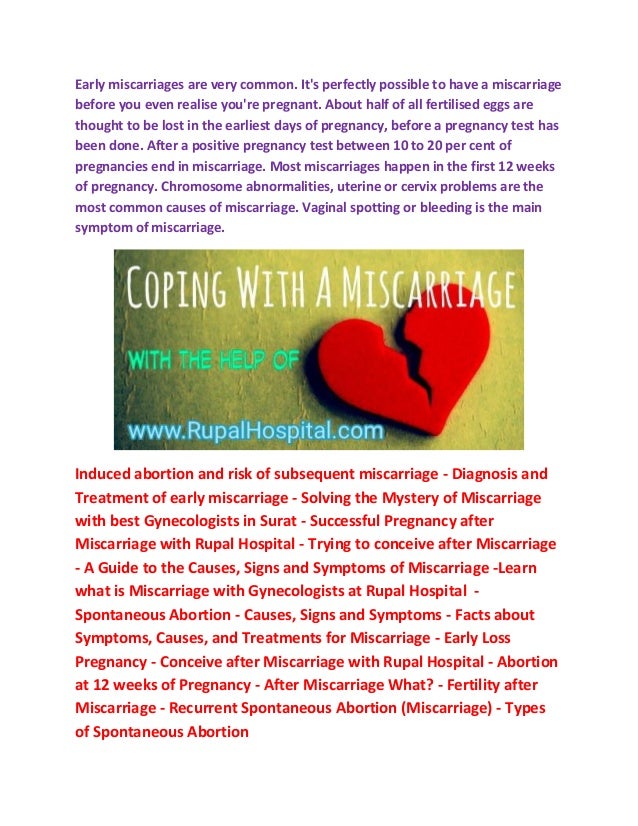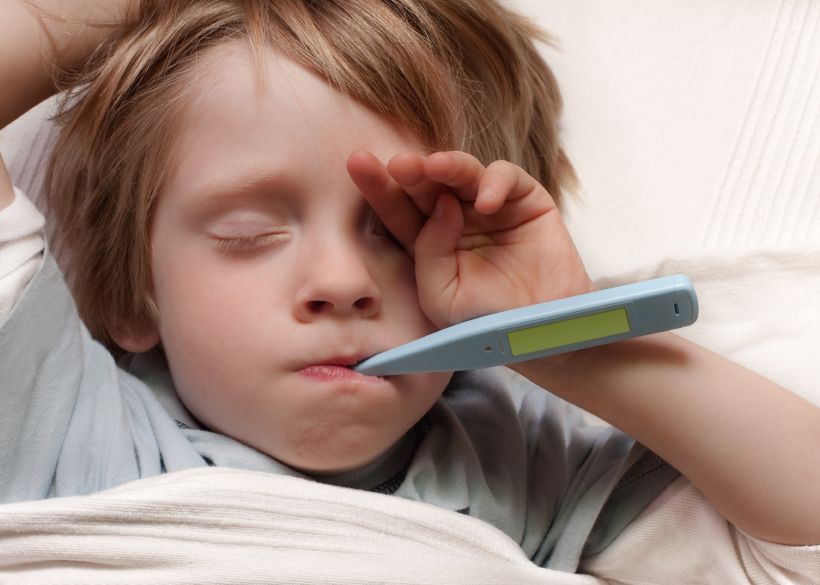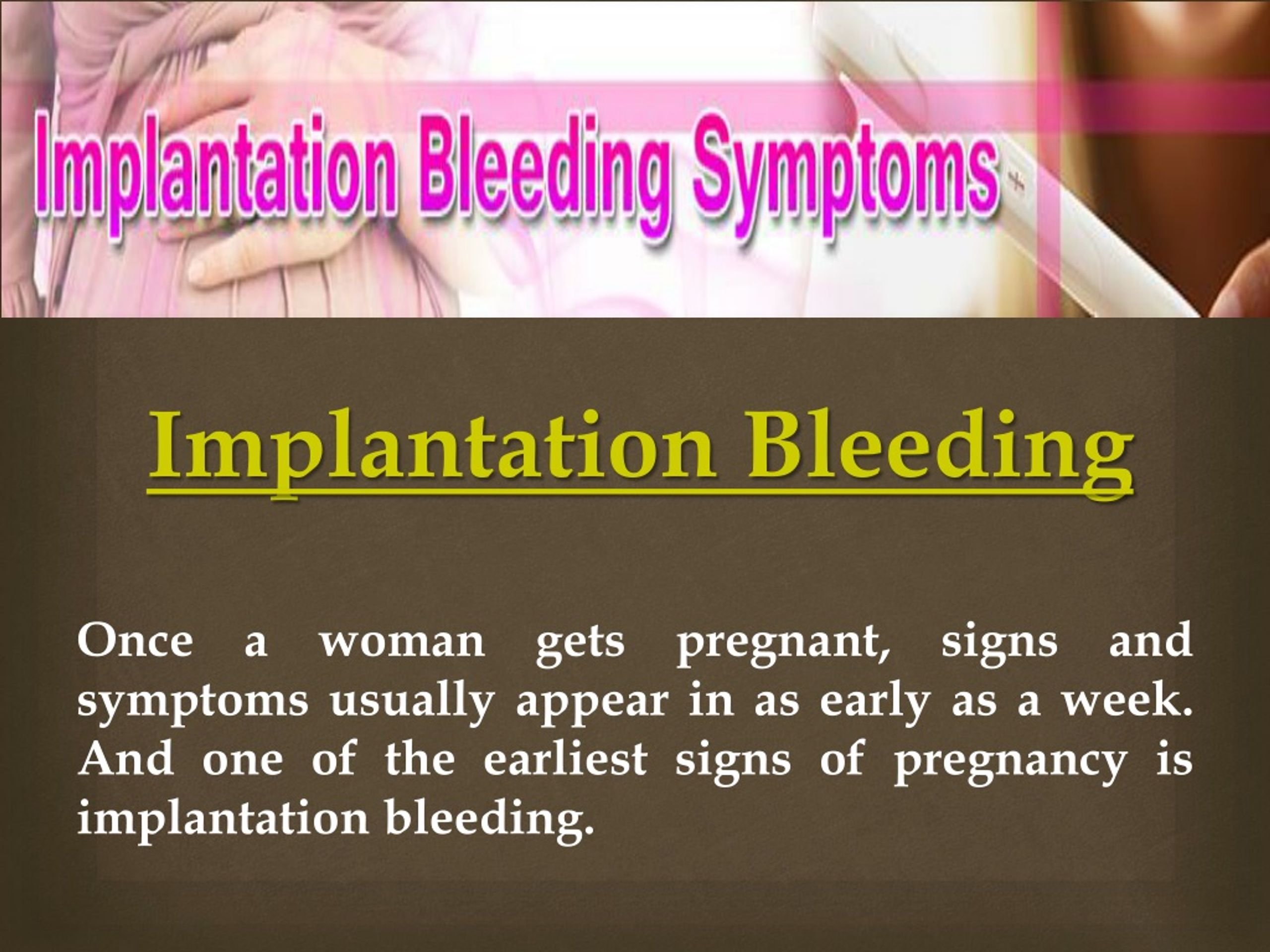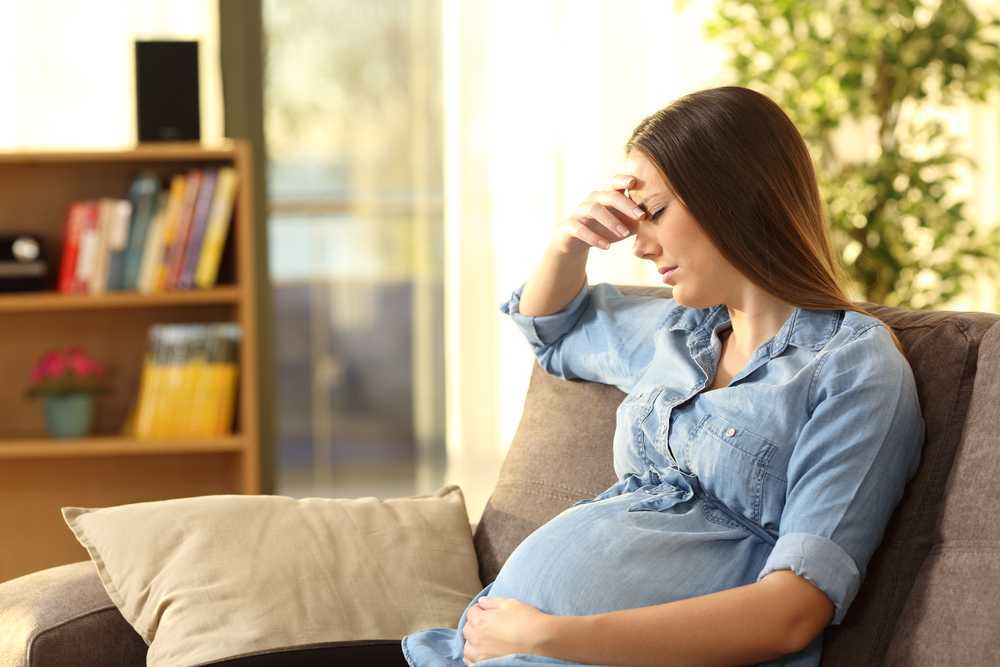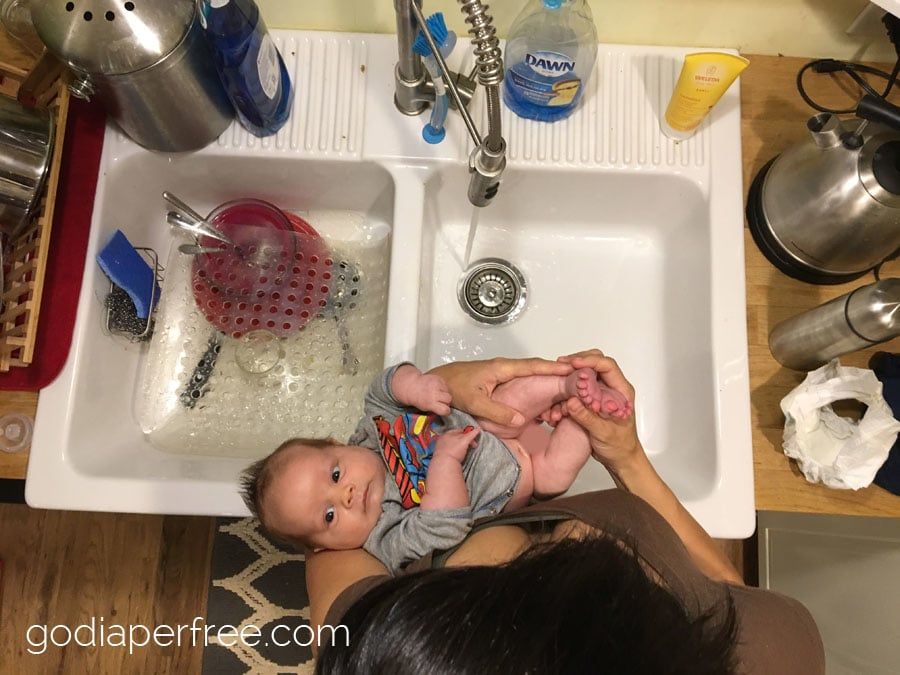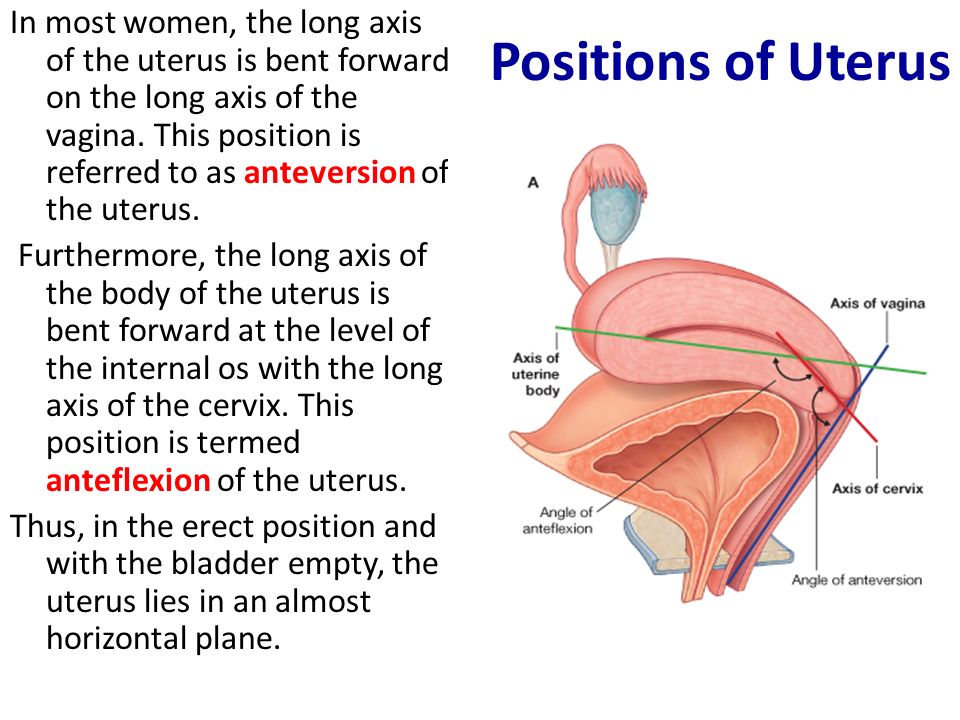Red bull and pregnancy
Red Bull While Pregnant: Is it Okay to Drink?
Can you drink Red Bull when pregnant? The truth is that it’s not really recommended.
Thanks to sky-high sugar content and lots of caffeine, energy drinks like Red Bull, Monster, Rockstar, and G Fuel aren’t the best things to be drinking while pregnant.
In fact, many of them actually put a warning on their labels that advises against drinking them during pregnancy.
Here’s what you need to know about drinking Red Bull while pregnant.
What happens if I drink energy drinks while pregnant?
Truthfully, we don’t really know what happens if you drink energy drinks such as Red Bull while pregnant.
That’s because every energy drink has a different list of ingredients. And the serious concern here is that they’re not regulated by the FDA, which means they might even contain ingredients that aren’t mentioned on the label.
But, if you’ve just got to the bottom of a can, don’t panic. It’s best to avoid any more for now, but it’s unlikely that one drink will cause you or your baby any harm.
Here’s what we do know about what energy drinks contain:
The problems with energy drinks
- High caffeine levels. Part of the “energy” that energy drinks claim to give you comes from caffeine. Too much caffeine can raise your blood pressure, make you irritable and nervous, and affect your sleep. There’s also a small chance that it may increase the risk of pregnancy loss. Doctors recommend limiting caffeine to 200mg per day during pregnancy. In real terms, an 8oz cup of coffee has 80 to 100mg of caffeine. A standard energy drink can have as much as 250mg of caffeine. Even more concerning? Energy drinks in the U.S. don’t generally have the amount of caffeine they contain printed on the can.
- Sugar. Sugar is the other main source of energy in energy drinks. And there’s lots of it. According to the Harvard School of Public Health, the average energy drink has more sugar than a 12oz cola. Meanwhile, the American Heart Association estimates that one 8oz energy drink has more sugar than your entire recommended daily intake.
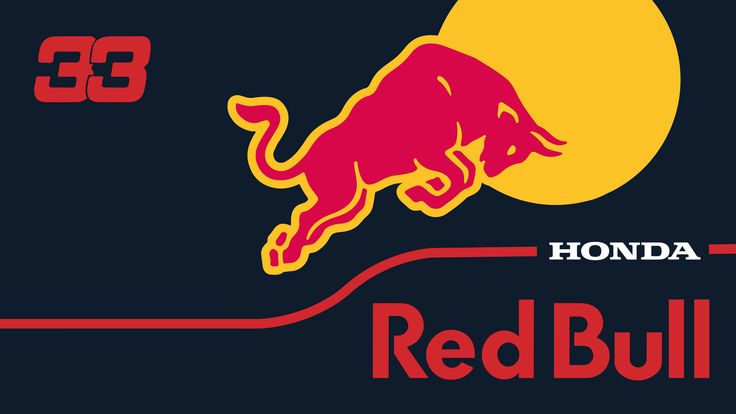 The bottom line is that a diet high in sugar isn’t great either for you or your baby. It can increase the risk of gestational diabetes, preeclampsia, and birth differences.
The bottom line is that a diet high in sugar isn’t great either for you or your baby. It can increase the risk of gestational diabetes, preeclampsia, and birth differences. - Other ingredients. Some energy drinks contain B vitamins and herbs like ginseng and guarana, which are often sold as health supplements. These herbs should be used “with caution” during pregnancy, according to medical studies. While B vitamins can be beneficial, it’s possible that a high dose could cause side effects.
Do energy drinks cause birth defects?
We’ll say it again: if you’ve already had an energy drink or Red Bull during pregnancy, don’t worry.
A single energy drink is unlikely to cause any problems.
However, the evidence does suggest that too much caffeine can increase the chances of birth differences and other complications.
One recent study found that pregnant women who regularly drank energy drinks were almost twice as likely to experience a stillbirth.
It’s difficult to conduct thorough medical studies on the effects of any substances during pregnancy, and the risk is still very small.
All the same, you might still choose to avoid the risk by leaving energy drinks off your pregnancy menu.
What energy drinks are safe during pregnancy?
Unfortunately, the answer is really none. No energy drinks have been proven safe during pregnancy.
Red Bull while pregnant: The bottom line
Is Red Bull bad for you when pregnant? Well, it’s certainly not recommended.
Thanks to the high caffeine and sugar levels in energy drinks, they’re best avoided during pregnancy.
For the moment, a glass of orange juice or a mug of herbal tea is a safer way to rehydrate and get a natural energy boost.
More on what to drink during pregnancy:
Can You Drink Wine While Pregnant?
Is Orange Juice Good for Pregnancy?
Can You Drink Green Tea While Pregnant?
Can You Drink Chamomile Tea While Pregnant?
Can You Drink Coffee While Pregnant?
How Much Water to Drink When Pregnant?
Can You Drink Diet Coke When Pregnant?
[Can You Drink Cranberry Juice While Pregnant?(https://www. peanut-app.io/blog/can-you-drink-cranberry-juice-while-pregnant)
peanut-app.io/blog/can-you-drink-cranberry-juice-while-pregnant)
Can You Drink Decaf Coffee While Pregnant?
16 of the Best Mocktail Recipes You Need to Try
Is It Safe To Drink Red Bull While Pregnant?
Daniel Reche/Pixabay
By Jeremy Brown/Sept. 27, 2022 1:57 pm EST
Energy drinks such as Red Bull have become a common stimulant for people trying to stay productive in today's society. A 2015 study published in the International Journal of Health Sciences showed that in 2013, the yearly consumption of energy drinks reached nearly 6 billion liters across 160 countries. The study also found that young people's energy drink consumption was growing, with the beverages becoming the second most common dietary supplement used by young people, with 30% drinking them regularly.
However, energy drinks are not without their risks. According to the National Center for Complementary and Integrative Health, the number of emergency room visits related to energy drinks doubled between 2007 and 2011. And one in 10 of those visits led to the patient being hospitalized. The Centers for Disease Control and Prevention reports that energy drinks like Red Bull have side effects like dehydration, anxiety, and heart-related issues, including heart failure.
And one in 10 of those visits led to the patient being hospitalized. The Centers for Disease Control and Prevention reports that energy drinks like Red Bull have side effects like dehydration, anxiety, and heart-related issues, including heart failure.
That said, it seems that there can be some benefits to consuming Red Bull. Studies have shown that Red Bull and energy drink use in general can improve brain function and help people stay alert when they're tired (via Healthline). As a result, balancing out the benefits and risks of Red Bull can be a challenge for pregnant women who may be used to an energy boost during the day.
What pregnant moms need to know
Alexa/Pixabay
Even among people who aren't pregnant, caffeine is very popular, with approximately 90% of Americans consuming it in some form every day (via Kuakini Health System). Among pregnant women, it remains popular, with a 2020 study published in Trends in Endocrinology and Metabolism revealing that 70% of women continue to consume caffeine during pregnancy.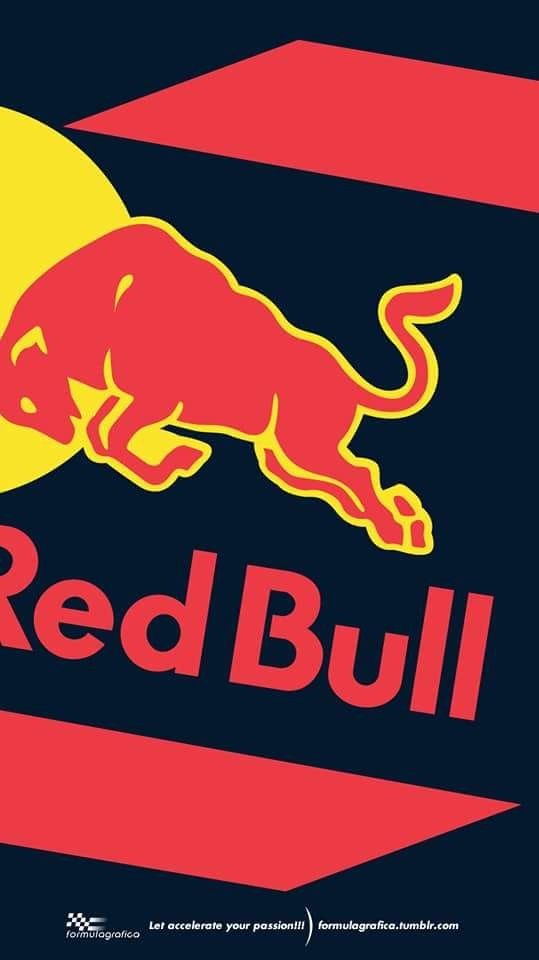 Some of the women profiled in the study consumed anywhere between 300 and 500 milligrams daily, the equivalent of three to five cups of coffee.
Some of the women profiled in the study consumed anywhere between 300 and 500 milligrams daily, the equivalent of three to five cups of coffee.
Energy drinks are very high in caffeine, with a 16-ounce can of Red Bull containing 143 milligrams (via the U.S. Department of Agriculture). And, as a 2008 study published in the American Journal of Obstetrics and Gynecology demonstrated, caffeine and pregnancy do not mix well. The study showed that an increased dose of daily caffeine, compared to no caffeine, was linked to a greater risk of miscarriage. In addition, a 2021 study published in Critical Reviews in Food Science and Nutrition showed a link between caffeine consumption and low birth weight.
In 2020, scientists at Tommy's Maternal and Fetal Health Research Centre at the University of Manchester released a study that showed that women who consumed energy drinks were at an increased risk for stillbirth (via the University of Manchester). In fact, they were 1.85 times more likely to have a stillbirth than women who didn't.
You can still get an energy boost while pregnant
Dean Drobot/Shutterstock
If you're pregnant and craving caffeine, the good news is you don't have to give it up entirely (via Healthline). The American College of Obstetricians Gynecologists suggests no more than 200 milligrams of caffeine per day, generally equivalent to one or two cups of coffee.
Tea can be a good alternative during pregnancy, but there are factors to consider when it comes to both herbal and non-herbal teas (via the American Pregnancy Association). Non-herbal teas have great benefits from antioxidants, but caffeine is a concern, as the average cup of tea contains between 40 and 50 milligrams of caffeine. As for herbal teas, they are naturally caffeine-free, but there isn't enough available data on the safety of different herbs and the effect they may have on the fetus.
While that can of Red Bull may be off the table, if you're still craving a caffeine boost during the day while pregnant, talk to your doctor and figure out ways you can still perk up without harming yourself or your baby.
Recommended
Coffee and energy during pregnancy - is it possible or not?
Drinking coffee and energy drinks has become a habit for many, so many women are worried about whether they can continue to drink during pregnancy?
One of the main components of coffee and energy drinks is caffeine, which stimulates the central nervous system and causes cheerfulness in the body. For this reason, coffee or energy drinks are usually drunk to focus on important work or stay awake. However, excess caffeine in the body can lead to disorders such as hypertension, heart palpitations, nervousness, dizziness, abdominal pain, and diarrhea. nine0009
How do energy drinks and coffee affect children, what are the risks, whether they can use them - we have already written.
Possible risk
First, let's look at what additional risks caffeine creates for pregnant women. Firstly, the body of a pregnant woman digests it 2-3 times slower than a normal body. Secondly, part of the caffeine passes into the placenta and enters the bloodstream of the embryo.
Secondly, part of the caffeine passes into the placenta and enters the bloodstream of the embryo.
American gynecologists Xiaoping Weng, Roxana Odouli and De Koon-Lee investigated the effects of caffeine on pregnancy in 2008. They concluded that the maximum allowable dose is 200 mg per day, which is about the same as 1 cup of coffee. Regular excess of this dose creates the risk of miscarriage, premature birth or the birth of a child with insufficient weight.
Of course, it is worth remembering the general dangers of caffeine overdose, the symptoms of which can occur not only in pregnant women.
Which foods contain caffeine?
Caffeine is found in: coffee, tea, cola, energy drinks, chocolate and some medications. The table below shows their caffeine content per standard serving. nine0007
| Product or drink | Caffeine, mg | ||
| Natural Coffee, 200 g | 80-200 | ||
| Caffeine ”, 200 g | 2-15 | ||
| ice cream or yogurt with coffee taste, 100 g | 2 | ||
| 15-60 | |||
cocoa, 3 teaspoons per cup for a cup. nine0037 nine0037 | 8-12 | ||
| cola, 300 g | 30-45 | ||
| Chocolate milk, 200 g | 5-8 | Dark Chocolate, 40 g | 30 |
| . 40 g | 11 | ||
| Chocolate syrup, 1 tablespoon | 26-28 | ||
| Energy *, 200-300 g (one bank) | 50-400 |
* for each for each energy drink manufacturer - its own composition, hence such a large spread. So, jar Red Bull contains 80 mg of caffeine and Hyde Extreme contains 400 mg.
For caffeinated medications, these include certain cold, migraine and pain medications. Pregnant women should talk to their doctor about which of these medicines they can take. Of course, the presence of caffeine in medications means that you will have to cut the amount of it in the diet.
It's not just the caffeine
It's not a good idea to cut out everything that contains caffeine completely: some foods and drinks contain vitamins, antioxidants and other essential substances that compensate for the harmful effects of caffeine.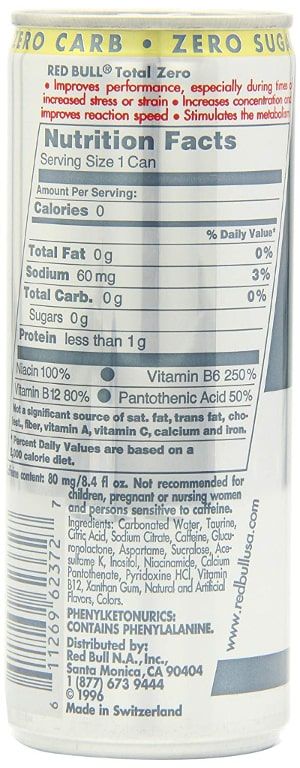 These products include primarily various herbal teas and dark chocolate (however, it has more caffeine than milk chocolate).
These products include primarily various herbal teas and dark chocolate (however, it has more caffeine than milk chocolate).
After consulting the table, we will understand that the lowest risk of overdose is created by decaffeinated coffee, tea, cocoa, milk chocolate and chocolate milk, and the highest is energy drinks. By the way, there are no substances in energy drinks that could compensate for the harm of caffeine (or rather, they are there, but in too small quantities to bring real benefits). Conclusion: Pregnant women should not drink energy drinks .
Regular coffee falls into the "middle group" for caffeine. If you're pregnant, one cup a day won't cause you to overdose on caffeine, but you'll need to keep a close eye on other caffeinated products.
As for cola, it has less caffeine than energy drinks or even coffee. But it is better to refrain from it for another reason: it is notorious for being a source of extra calories and sugar, and there will be no benefit from it.
Source: crispy.news
Can pregnant women drink coffee?
501
0
Nazarok Yana
11 May
You may have enjoyed a morning cup or two before, but can you drink coffee while pregnant? We asked experts to share their best coffee drinking practices during these precious 9 months.
Pregnancy is a joyful and heart-warming experience for women as you look forward to meeting your little bundle of joy. However, the period of pregnancy can be accompanied by stress. Many psychologists believe that this is due to the fact that mothers overload themselves with a lot of information about what to eat during this period, foods to avoid, and many other tips from nutritionists and experienced mothers. nine0007
nine0007
“One of the foods that women are advised to be wary of is caffeine,” explains former midwife Rachel Fitzd, referring to a known substance found in coffee. “From how much is too much, to whether cutting back on caffeine just means cutting back on coffee and other products that contain this invigorating juice. If you're wondering how to keep yourself and your baby safe for the entire 9 months, check out the rules regarding this."
To save your time, let's say right away - yes, you can. However, it is important to be aware of some limitations. Concern about coffee during pregnancy is based on the drink's high caffeine content. Medical experts are asking expectant mothers not to consume more than the recommended daily allowance of caffeine if they expect it to be safe.
“You can safely consume up to 200 mg of caffeine per day,” says midwife Rachel Fitzd, who is also a parenting expert at Baby Show. "So while it's not practical to lose weight with a cappuccino every day, you can enjoy your morning caffeine shot. " nine0007
" nine0007
The NHS England website also states that pregnant women should not drink more than 200mg of caffeine per day. And this guidance is further aligned with Dr. Deborah Lee of Dr Fox Online Pharmacy.
“Caffeine is considered a psychoactive substance. It is often used to help those who feel tired and fatigued to stay awake. Because it keeps you from feeling sleepy,” she tells us. "Many women regularly drink a lot of coffee, but when they become pregnant, they need to control their caffeine intake for the sake of the unborn child." nine0007
Many experts agree that one cup of coffee a day is normal during pregnancy. This is because one cup of coffee - instant or filtered - will not exceed 200 mg of caffeine per day during pregnancy:
- One cup of instant coffee contains 100 mg of caffeine.
- One cup of filtered coffee contains approximately 140 mg of caffeine.
Everything is going well. But there are other factors that moms-to-be should consider when it comes to caffeine limits. nine0007
nine0007
“Remember, when you calculate your daily caffeine intake, this is caffeine from all sources, including food (like chocolate), medications (like Anadine) and any energy drinks,” says Dr. Deborah.
Those who prefer their morning drink to a cup of coffee should also pay attention to the content of caffeine in it. With one cup of tea containing 75 mg of caffeine.
The bottom line is that as long as you stick to the 200mg per day limit during pregnancy, you'll usually be fine. nine0007
"There is no strong evidence that low caffeine intake is harmful to pregnancy unless safe levels are exceeded," adds Dr. Deborah.
The Royal College of Midwives (RCM) supports this logic. Their review of the current guidelines for caffeine restriction shows that it "does not appear to be associated with poor pregnancy outcomes."
Can I drink decaffeinated coffee during pregnancy?
“You can easily drink decaffeinated coffee and tea during pregnancy,” says expert midwife Marley Hall. nine0007
nine0007
Decaffeinated tea and coffee go through a process where the original caffeine content is removed. However, it's worth noting that decaffeinated products can never be guaranteed to be completely caffeine-free.
The US Food and Drug Administration has clarified that in order for coffee to be sold as "decaffeinated", at least 97% of its original caffeine must be removed from it.
Roasty Coffee has outlined the typical caffeine values found in decaffeinated coffee varieties:
- (237 ml) decaffeinated brewed coffee = 2-12 mg caffeine
- (30 ml) decaffeinated espresso coffee = 0-15 mg caffeine
- (237 ml) decaffeinated instant coffee = 27-173 mg caffeine
If decaffeinated coffee is new to you during pregnancy, then Dr. Deborah has advice on how to slowly transition to this low-caffeine alternative.
"You can try to gradually reduce your caffeine intake, perhaps by mixing half and half caffeinated and decaffeinated to begin with, and then gradually cut out the caffeine entirely. " nine0007
" nine0007
How does caffeine affect the baby?
The reason doctors prescribe caffeine restriction during pregnancy is because large amounts of the substance have been linked to certain fetal health problems.
"Caffeine affects the baby by increasing the baby's heart rate, much like it does to an adult, so it can make them quite hyperactive," midwife Marley tells us. nine0007
One 2021 study found that caffeine makes contact with your fetus through the placenta after it has passed through the bloodstream. The researchers found that large amounts can subsequently affect the development of the baby in the womb and the likelihood of miscarriage.
While this may sound intimidating, midwife Marly assures us that it is a risk in overconsumption.
“There is some evidence that caffeine increases the risk of miscarriage. This would be a high risk for women who drink multiple cups of coffee or energy drinks throughout the day. In particular, people who drink about 5-6 cups of coffee,” she says.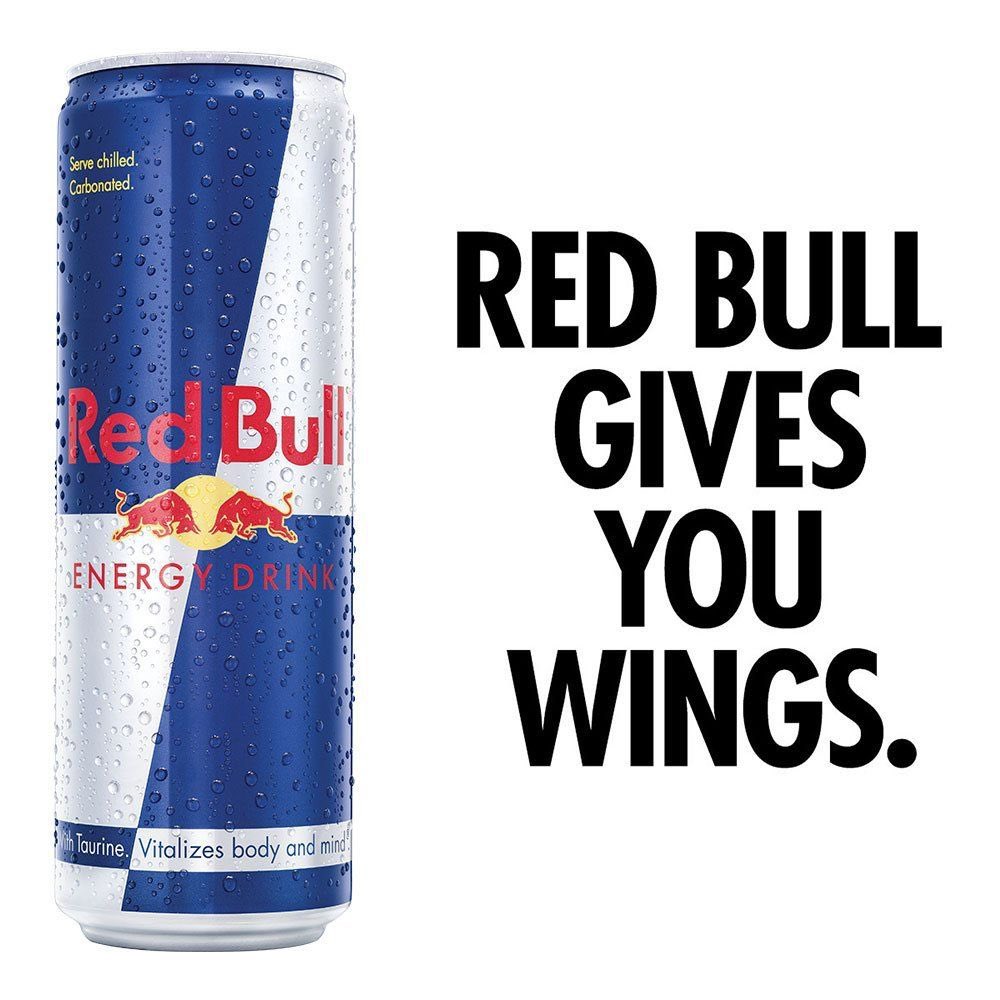 "Adhering to the recommendations for 1-2 cups should keep the risk of complications to a minimum." nine0007
"Adhering to the recommendations for 1-2 cups should keep the risk of complications to a minimum." nine0007
The Royal College of Obstetricians and Gynecologists (RCOG) and the Miscarriage Association have also listed reducing caffeine intake during pregnancy to reduce the risk of miscarriage. They emphasize that this is lower on the list compared to factors such as smoking, diet, and weight.
Other caffeinated foods and drinks to watch out for:
Several other foods in the pantry are high in caffeine. This is important to consider when calculating your daily caffeine requirement of 200 mg during pregnancy. nine0007
Chocolate. Dark chocolate is beneficial in many ways. But a 50-gram bar of dark chocolate contains up to 25 mg of caffeine. "It's good to know that milk chocolate has half the caffeine of dark chocolate, gram for gram," says midwife Rachel. “So, if you prefer a good cappuccino and chocolate treat, maybe choose milk over a dark chocolate bar. ”
”
Energy drinks. Although brands vary, energy drinks typically contain 80mg per can. “Other caffeinated foods and drinks to look out for are products like Red Bull and energy drinks. They should be avoided during pregnancy or consumed in limited amounts,” says midwife Marley. nine0007
Green tea. “Green tea is especially high in caffeine, with 3 mg of caffeine per 29 ml,” advises Dr. Deborah. “In an average 240 ml mug of tea, this can add up to over 24 mg per drink.”
Cola and carbonated drinks. “A can of cola contains 40mg of caffeine,” midwife Rachel says. "So don't add more cola when you're trying to cut back on coffee." Diet Coke contains 23 mg of caffeine in a standard size can. And beware of carbonated drinks - a can of cream soda contains 25 mg. nine0007
Energy bars. They may be one of the best energy-boosting foods out there, but they can contain 65mg of caffeine per bar.
Painkillers. “Some painkillers contain caffeine,” says Dr. Deborah. "For example, each Anadin Extra tablet contains 45mg of caffeine.